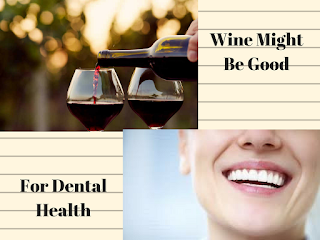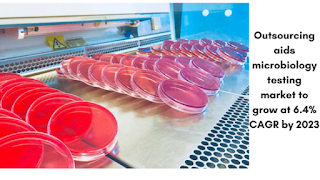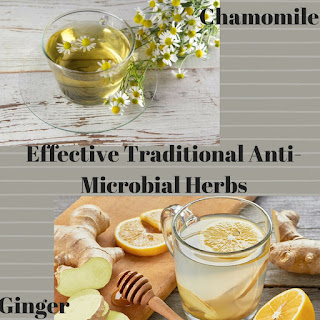Wine Might Be Good For Dental Health
Polyphenols
might too advance health by effectively connection with microbes in the
intestine. Moreover, the intake of particular polyphenol-rich refreshments and
nourishments makes a difference the upkeep of stomach related health and
anticipation of infection status. In any case, the knowledge of the effects of
polyphenols in relation to the anticipation of dental infections is still at an
early stage. The utilize of antiseptics and/or anti-microbials in the
anticipation and treatment of periodontal diseases can lead to undesirable
impacts. Subsequently, there is a require to create novel antimicrobial
methodologies valuable for the anticipation and administration of these
diseases. Verbal epithelial cells normally constitute a physical boundary that
avoids diseases, but bacterial adhesion to have tissues constitutes a to begin
with key step in the infectious process.
With the last
objective to explain the health properties of wine polyphenols at oral level,
we considered their properties as an anti-adhesive treatment for periodontal
and cariogenic anticipation, as well as the combined activity between wine
polyphenols and oral probiotic strains in the management of microbial-derived
oral diseases. In specific, we checked out the impact of two red wine polyphenols,
as well as commercially accessible grape seed and red wine extricates, on
microscopic organisms that adhere to teeth and gums and cause dental plaque,
cavities and periodontal disease. Also, verbal digestion system of polyphenols,
counting both verbal microbiota and human mucosa cells, was investigated.
Phenolic metabolites (caffeic and p-coumaric acids), grape seed and red wine
oenological extricates, were selected for our inquire about. We tried
concentrations in the extend ordinarily found in wine (50 and 10 µg/ml).
Working with cells that demonstrate gum tissue, we found that the two wine
polyphenols – caffeic and p-coumaric acids – were generally better than the add
up to wine extricates at cutting back on the bacteria’s capacity to adhere to
the cells. When combined with the Streptococcus dentisani, which is accepted to
be an oral probiotic, the polyphenols were indeed superior at battling off the
pathogenic microscopic organisms. The assessment of verbal digestion system
affirmed both, bacterial and cellular digestion system of wine polyphenols.




Comments
Post a Comment